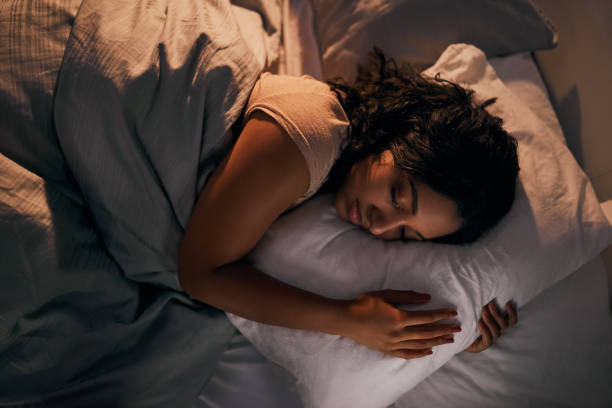
We’ve all heard the phrase “I’ll sleep when I’m dead.” But the catch is that if one doesn’t get enough sleep, one’s health can be impaired to the extent of shortening one’s life! Welcome to the world of sleep hygiene where good habits lead to better sleep and better sleep leads to a healthier you
What is Sleep Hygiene?
Make no mistake to think sleep hygiene is about clean sheets or bedding. It’s all about building healthy habits around sleep.
Sleep Hygiene is about creating the ideal conditions for a good night’s sleep and sticking to them!
Good sleep does not only make you feel refreshed in the morning, it also keeps your body and mind in excellent shape.
Physical Health
While you snooze, your body is hard at work repairing muscles, balancing hormones, and boosting your immune system. Sleep helps regulate your blood sugar levels and keeps your heart healthy.
In fact, studies show that poor sleep is linked to problems like weight gain, diabetes, and heart disease. So, think of sleep as your body’s nightly maintenance routine!
Mental Health
Do you ever notice how everything feels worse when you’ve not had enough sleep? That’s because sleep is a necessary ingredient for your brain to process emotions and manage stress.
Sleep deprivation may lead to mood swings, anxiety, and difficulty concentrating. With a full night’s rest, you’ll wake up feeling sharper and ready to take on the day.
Signs of Poor Sleep

Not sure if your sleep habits need a tune-up? Here are some red flags:
- Tossing and turning for hours before you finally fall asleep
- Waking up frequently during the night
- Feeling tired even after 7 to 8 hours of sleep
- Struggling to stay awake during the day
- Irritability, lack of focus, or feeling “foggy.”
If you can relate with any of these, it’s time to fix your sleep hygiene!
Tips for Improving Sleep Hygiene
Luckily, better sleep is within your reach with just a few simple changes. Try these tips for a more restful night:
Create a Bedtime Routine
Aim to go to bed and wake up at the same time every day – even on weekends! Your body thrives on routine, and a consistent sleep schedule will help regulate your internal clock.
Optimize Your Sleep Environment
Your bedroom should be a sleep haven. Keep the room cool, dark and quiet. Invest in a comfortable mattress and pillows. Remove distractions like loud noises or bright light.
Watch Your Diet and Exercise
What you eat and when you eat it can affect your sleep. Avoid heavy meals, caffeine and alcohol close to bedtime. Regular exercise can also improve your sleep hygiene, however, try not to work out too late in the day.
Ditch the Screens
Scrolling through your phone or watching TV before bed may seem relaxing, but the blue light from your screens can mess with your body’s sleep hormone, melatonin.
Try switching off all electronics at least an hour before bed. Instead, opt for a good book or some calming music to wind down.
The importance of sleep hygiene cannot be overstated. It’s not just about catching enough Zs but making sure they are of high quality and restorative. Learn more about sleep hygiene here.
Suggested Reading









